By Ed Cropley
Sun Nov 11, 1:13 AM ET
BANGKOK (Reuters) - Oil was $72 a barrel in August when a budget crunch forced Myanmar's ruling generals to slash fuel subsidies, sparking protests that snowballed into the biggest anti-junta uprising in two decades.
Since then, crude prices have climbed 35 percent to near $100 a barrel, and with no new revenues coming in from natural gas sales or anywhere else in a shambolic economy, the regime has little option but to raise fuel prices again, analysts say.
"The pressure must be on," said Sean Turnell of Australia's Macquarie University and author of the Burma Economic Watch academic journal, predicting state-subsidized diesel, which doubled in August, may have to rise by as much as 40 percent.
The added burden on households already struggling to cope with inflation estimated at around 50 percent a year could well trigger another round of protests against 45 years of unbroken military rule.
Even though it is believed to have the world's 10th largest natural gas reserves, promising $2 billion a year in sales to China for the next four decades, most of the off-shore fields are undeveloped and will not make money until 2009 at the earliest.
The only major existing client is Thailand, which paid $2.2 billion last year -- half of all Myanmar's official foreign exchange earnings. The rest comes mainly from exports of gems and timber and tourism, a sector crippled by the latest crackdown.
Myanmar also has plenty of crude oil, but a lack of refinery investment since the British left in 1948 forces it to buy nearly all its fuel -- basically diesel, gasoline, and compressed natural gas (CNG) -- at a premium from abroad.
Turnell estimates that in August, the former Burma's fuel bill consumed 30 percent of its gas receipts from Thailand, a proportion now likely to be well over 40 percent given crude price rises since then.
LESSONS LEARNED
In August, the doubling of diesel and five-fold rise of CNG prices came without warning, sparking chaos in a country whose once-promising economy has been crippled by disastrous attempts at home-grown socialism, corruption, and more latterly, Western sanctions.
Yangon's CNG-powered buses ground to a halt as conductors and drivers had no idea what fare to charge, and many commuters had to walk home because they could not afford a taxi.
"I don't think they can carry on subsidizing fuel prices," said Aung Naing Oo, a student activist who fled to Thailand during a 1988 crackdown on a nationwide uprising in which an estimated 3,000 people were killed.
"But I'm sure they've learnt from their mistakes, and if they do raise prices, it will be slow and incremental," he said.
A dramatic drop-off in tourist arrivals since soldiers were sent in to end September's protests, killing at least 10 people -- and probably many more -- is also likely to compound the pressure on the generals' budget.
Two weeks after the crackdown, hotels had slashed room rates by as much as 80 percent and flights from Singapore or Bangkok were virtually empty as tourists, repulsed by television images of the violence, chose to stay away.
One rare factor in the junta's favor is the tendency for rice prices to drop around the October-November harvest, a major pressure valve in a country where the U.N. says 10 percent of the population, or 5 million people, do not have enough to eat.
However, as 2008 progresses, food stockpiles will start to diminish, prices will go up, and the social conditions that sparked August's anti-junta protests could start all over again.
"For now, people will have enough rice, but after a few months crunch time will come again for many families," Aung Naing Oo said.
(Editing by Michael Battye and Alex Richardson)
တိတ်ဆိတ်သော သာယာမှု ရှိရာဆီ ခဏ...
-
Almost heaven, West Virginia
Blue Ridge Mountains, Shenandoah River
Life is old there, older than the trees
Younger than the mountains, growin' like a br...
3 months ago


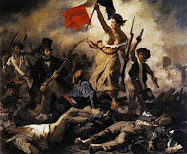









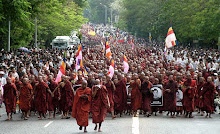

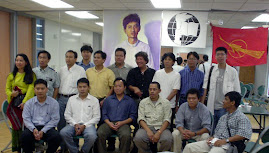
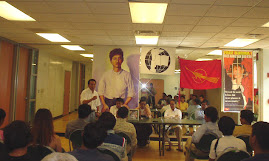

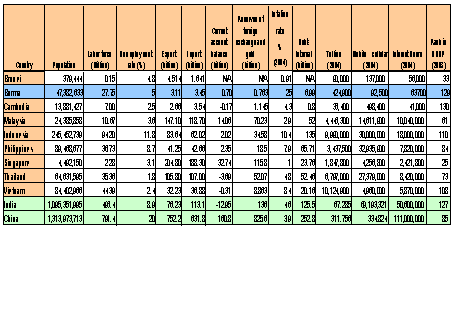
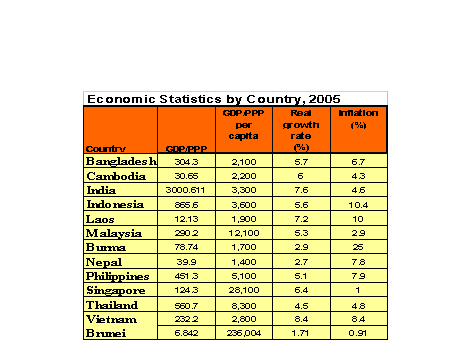
No comments:
Post a Comment